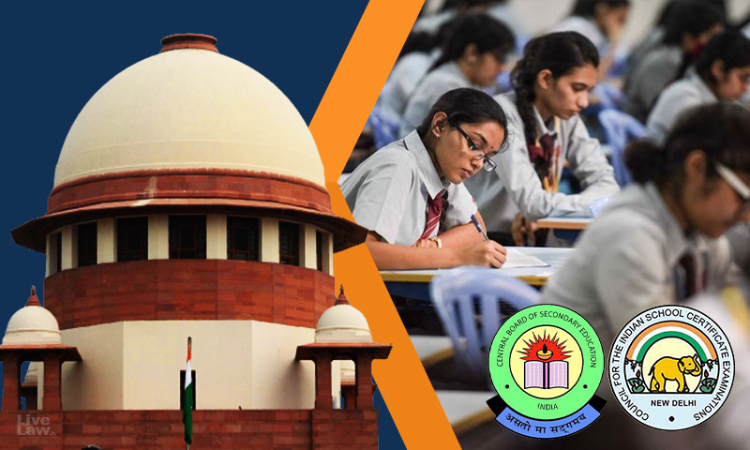"Covid Not Applicable To Private Students?"-Supreme Court Hearing- Courtroom Exchange In CBSE/ICSE/Compartment/Private Students
Mehal Jain
22 Jun 2021 9:44 PM IST

"The central government has called off the examination of all the students. The notification issued by CBSE on 14th of April says that examination for all students of class 10th and 12th is called off. On 1st of June, they came up with another notification that all the examinations postponed earlier now stand cancelled. The PM said that all exams for class 12 students are cancelled. Examinations were cancelled because of Covid. Is this Covid situation not available for these private students?", Asked the Lawyer to Supreme Court
Next Story


